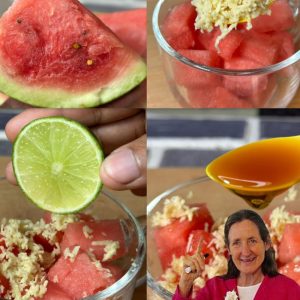Flax seeds are celebrated for their health benefits, including high fiber content, omega-3 fatty acids, and lignans. However, if not used properly, they can pose certain health risks. Here’s how to avoid common mistakes and use flax seeds safely and effectively.
Common Mistakes to Avoid with Flax Seeds:
- Consuming Raw or Unripe Seeds: Raw or unripe flax seeds can contain harmful compounds that may be toxic. Always ensure that the flax seeds you consume are ripe and have been properly prepared.
- Not Grinding Flax Seeds: Whole flax seeds can pass through your digestive tract without being broken down, which means you won’t get all the nutritional benefits. Grinding the seeds helps your body access the omega-3 fatty acids and fiber.
- Overconsumption: Eating too many flax seeds can lead to digestive issues such as bloating, gas, and abdominal pain. It can also interfere with the absorption of certain medications due to its high fiber content.
- Inadequate Water Intake: Flax seeds absorb a lot of water, which is great for helping maintain bowel regularity. However, without adequate water intake, this can lead to constipation. Ensure you drink plenty of water throughout the day if you are adding flax seeds to your diet.
The Right Way to Use Flax Seeds:
- Grind Before Use: Use a coffee grinder or a high-speed blender to grind whole flax seeds into a fine powder just before you intend to use them. This helps preserve their oils and nutrients.
- Start Small: If you’re new to eating flax seeds, start with a small amount (about 1 teaspoon) daily and gradually increase to no more than 1-2 tablespoons per day to allow your digestive system to adjust.
- Store Properly: Keep your flax seeds (whole or ground) in an airtight container in the refrigerator or freezer to protect their delicate oils from oxidation.
- Incorporate into Your Diet Thoughtfully: Add ground flax seeds to smoothies, yogurts, oatmeal, or baked goods. This not only enhances the fiber content but also adds a nutty flavor.
- Cooking and Baking: When baking, you can substitute ground flax seed mixed with water as an egg substitute (1 tablespoon ground flax to 3 tablespoons water equals one egg) which is great for vegan recipes.
Additional Tips:
- Consult Your Doctor: If you are pregnant, nursing, or have certain health conditions (like hormonal-related cancers or bleeding disorders), it’s important to consult with a healthcare provider before adding flax seeds to your diet.
By following these guidelines, you can safely incorporate flax seeds into your diet and take advantage of their numerous health benefits while avoiding potential risks.





